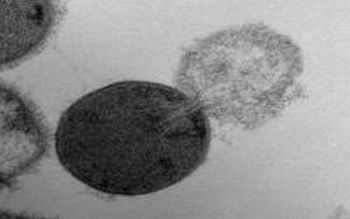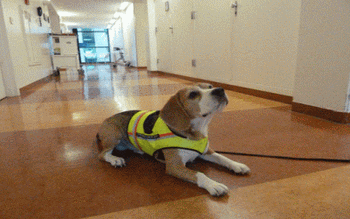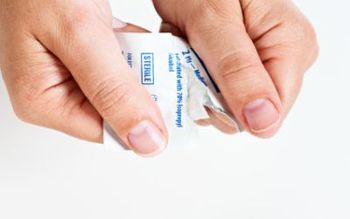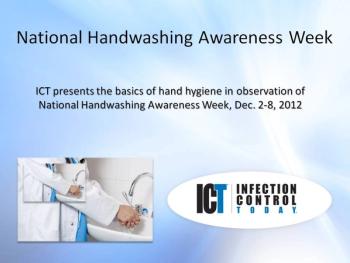
Hand Hygiene
Latest News
CME Content






The rise of antibiotic-resistant bacteria has initiated a quest for alternatives to conventional antibiotics. One potential alternative is PlyC, a potent enzyme that kills the bacteria that causes strep throat and streptococcal toxic shock syndrome. PlyC operates by locking onto the surface of a bacteria cell and chewing a hole in the cell wall large enough for the bacteria's inner membrane to protrude from the cell, ultimately causing the cell to burst and die.

Infection Control Today asked members of industry to describe the importance of patient involvement in hand hygiene and suggest some best practices for implementation into an existing hospital-based hand hygiene program.

The healing hands of a healthcare professional too often bear the risk of spreading infection while administering care. According to the Centers for Disease Control and Prevention (CDC), failure to engage in proper hand hygiene is the leading cause of healthcare-associated infections and the spread of multidrug-resistant organisms (MDROs), including vancomycin-resistant Enterococcus (VRE), methicillin-resistant Staphylococcus aureus (MRSA) and Clostridium difficile. Unfortunately, proper hand hygiene can be easily forgotten by busy healthcare workers. A study of 2,834 opportunities for hand hygiene found that hands were cleansed only 48 percent of the time, according to a World Health Organization (WHO) report (2009).




A new study published in BMJ conducted by investigators at two large hospitals in The Netherlands shows that a trained dog was able to detect Clostridium difficile with high estimated sensitivity and specificity, both in stool samples and in hospital patients infected with C. difficile.















